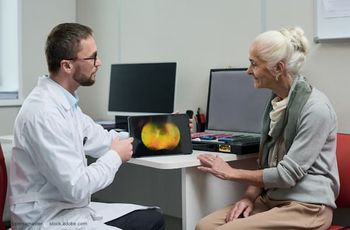
Part 2: KOL reflections on what they would say to retina fellows
KOLs in the retina world reflect on advice they would share with fellows beginning their journey into retina, including the vast opportunities in healthcare and the importance of curiosity and collaboration for revolutionary advancements in retina medicine.
Editor's note: This transcript has been lightly edited for clarity.
Jay Chhablani, MD: I can say that the retina is the coolest field. Other guys don't feel bad, but I really, really love retina, and I think that the retina gives you both aspects of any medical field—it has a very strong medical retina component, as well as an equally interesting and challenging surgical retina. I do both medical and surgical. And I think that every day in the OR is a fun day, because every case of retinal detachment is very unique and similar. Way, you know, we get to see a lot more pathology. We can see the systemic disease. And I can just say that, you know, when you really treat your patients, it is so satisfying, and they really appreciate what we do. So there is nothing better than retina.
Yasha S. Modi, MD: When we summarize these points. It's valuable to think if you're, for instance, a resident or you're a fellow, how should this data be? How should it modify the way in which you approach patients with diabetic retinopathy, and if you look into the eye of somebody who ultimately fulfills the sort of classically taught four-to-one rule of four, dot plot hemorrhages two quadrants of Venus feeding one quadrant of Irma. If you see that, that should be an automatic trigger to get ultra-wide-field FA, and then you can make a much more meaningful decision as to exactly how at risk your patient is.
Kapil Mishra, MD: I would say that you're in a very special time and that despite how retina looked in the last 20 years, it very much probably will not look like that in the next 20 years. So the way we treat patients, by having them come every month for certain medications, I think that we as a field are ready to sort of move on to the kind of next revolutionary step, which comes at a great time because we have more durable treatments, gene therapy, etc. And so your practice may look very different than when you were in training, even five years ago. And I think that's the beauty of medicine and all the discoveries that we have you.
Newsletter
Keep your retina practice on the forefront—subscribe for expert analysis and emerging trends in retinal disease management.


































